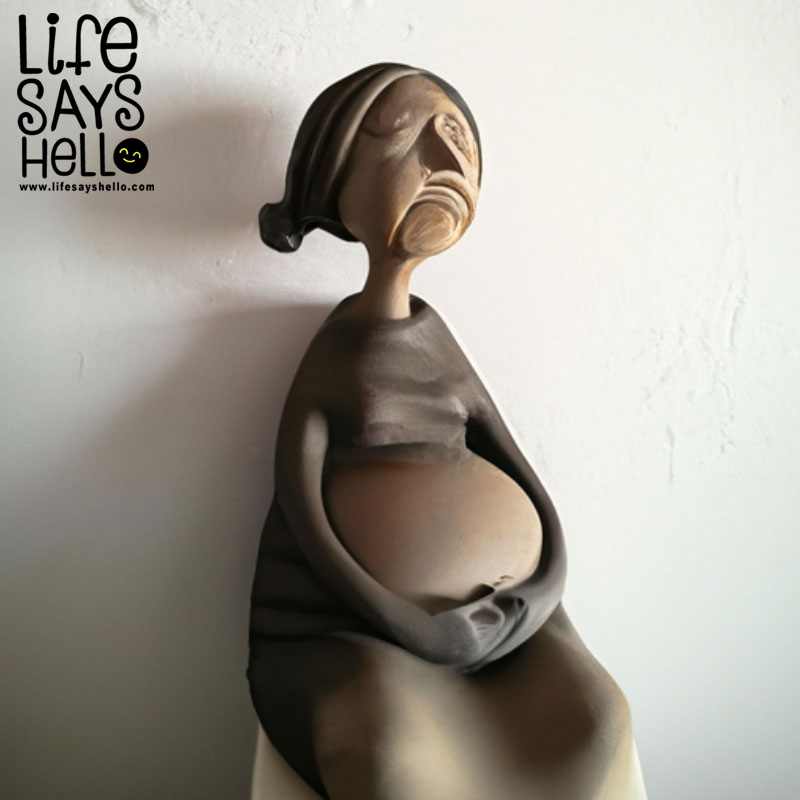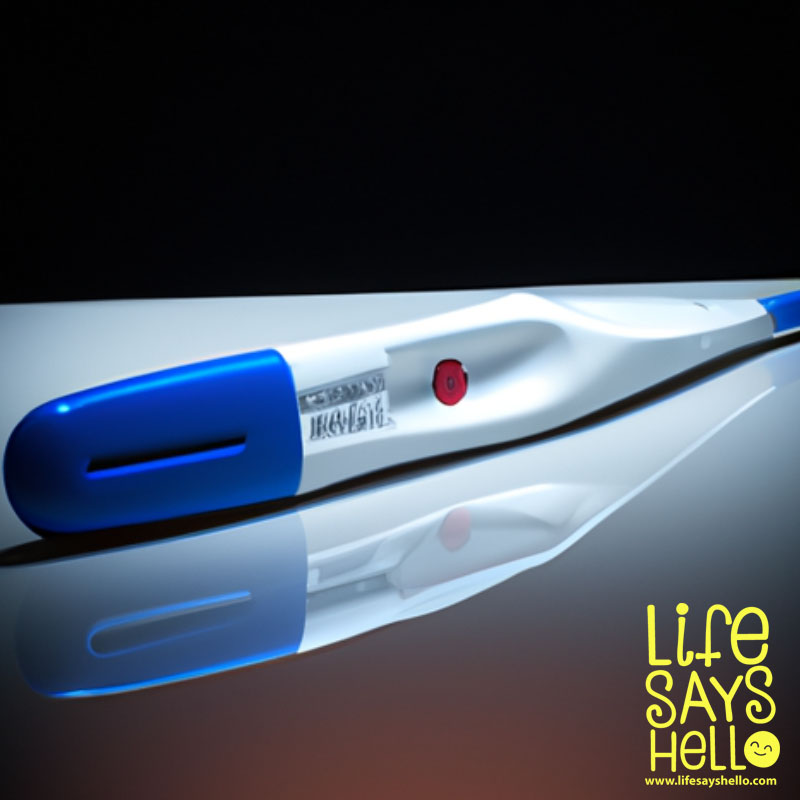Had a Full Period but Pregnant? How to Understand and Manage Bleeding During Pregnancy: A Comprehensive Guide

Are you one of those who had a full period but still found out you're pregnant? Let's dive into understanding and managing bleeding during pregnancy to ensure a healthy journey for you and your baby.
Introduction
You might have heard stories of women who claim they had a full period while pregnant and wonder if it's even possible. Well, the truth is that having a full period during pregnancy is quite unlikely, but experiencing some bleeding is not uncommon. In this comprehensive guide, we'll explore the reasons behind bleeding during pregnancy, how to differentiate it from menstruation, and what you should do to manage and ensure a healthy pregnancy.
Spotting and Light Bleeding in Early Pregnancy
Before we discuss the possible causes of bleeding during pregnancy, it's crucial to understand the difference between menstruation and bleeding during pregnancy. Menstruation occurs when the body sheds the uterine lining due to the absence of a fertilized egg. On the other hand, bleeding during pregnancy is not caused by ovulation and does not involve shedding the uterine lining.
Now that we've cleared that up, let's look at some common causes of spotting and light bleeding in early pregnancy:
Implantation bleeding: This type of bleeding occurs when the fertilized egg attaches itself to the uterine lining, usually 10-14 days after conception. Implantation bleeding is typically lighter than a period and lasts for a shorter duration. It's important to note that not all women experience implantation bleeding.
Cervical irritation: The cervix becomes more sensitive and prone to irritation during pregnancy, which can lead to light bleeding or spotting. This can be caused by sexual intercourse, a pelvic exam, or even a yeast infection.
Potential Complications and Risks
While light bleeding during early pregnancy is usually normal, it's essential to be aware of potential complications and risks that could cause more severe bleeding. If you experience heavy bleeding or are concerned about your symptoms, it's crucial to seek medical attention immediately.
Ectopic pregnancy: This occurs when the fertilized egg implants itself outside the uterus, usually in the fallopian tube. Ectopic pregnancies can cause severe bleeding and are life-threatening if left untreated. Symptoms include sharp, stabbing pain in the abdomen, shoulder, or neck, dizziness, and fainting.
Miscarriage: Unfortunately, miscarriage is a common occurrence, with about 10-20% of known pregnancies ending in miscarriage. Bleeding can be a sign of miscarriage, especially when accompanied by severe cramping, back pain, and the passage of tissue or clots. However, it's important to note that not all bleeding leads to miscarriage.
Placenta previa: This condition occurs when the placenta partially or entirely covers the cervix, which can cause painless, bright red bleeding during the second or third trimester. Placenta previa requires careful monitoring and may necessitate a cesarean delivery to ensure the safety of both mother and baby.
Placental abruption: In this rare but serious condition, the placenta detaches from the uterine wall before delivery, which can cause heavy bleeding and deprive the baby of oxygen and nutrients. Symptoms include sudden, severe abdominal pain, back pain, and rapid contractions.
Preterm labor: Bleeding can also be a sign of preterm labor, which occurs when contractions and cervical changes happen before 37 weeks of pregnancy. Other symptoms include regular contractions, low back pain, and increased pelvic pressure.
What to Do if You're Experiencing Bleeding During Pregnancy
If you notice any bleeding during pregnancy, it's essential to take action and seek medical advice. Here's what you should do:
See your doctor as soon as possible: If you experience heavy bleeding or are concerned about your symptoms, contact your healthcare provider immediately. They will be able to assess your situation and recommend the appropriate course of action.
Blood tests and ultrasounds: Your doctor may order blood tests to check your hormone levels or an ultrasound to examine the viability of the pregnancy and rule out any complications.
Keep track of your symptoms: Make a note of the amount, color, and consistency of the bleeding, as well as any accompanying symptoms such as pain or cramping. This information will help your healthcare provider determine the cause and appropriate treatment.
Rest and stay hydrated: While you wait for your appointment, it's essential to take care of yourself by resting and staying hydrated. Avoid heavy lifting, strenuous exercise, and sexual intercourse until you have been cleared by your doctor.
Unaware of Pregnancy Due to Irregular Periods or Mistaking Bleeding for a Period
In some rare cases, women may not be aware they are pregnant until later in the pregnancy due to irregular periods, a lack of pregnancy symptoms, or mistaking bleeding for their period. This can be particularly challenging, as it may result in a delay in receiving prenatal care. If you have irregular periods or are unsure about your pregnancy status, it's essential to be vigilant about tracking your menstrual cycles and staying attuned to any potential pregnancy symptoms.
Conclusion
Although having a full period while pregnant is unlikely, experiencing some bleeding during pregnancy is relatively common and usually not a cause for concern. However, it's essential to be aware of potential complications and risks and seek medical advice if you experience heavy bleeding or worrisome symptoms. By staying informed and proactive about your health, you can ensure a safe and healthy journey for both you and your baby.




Comments